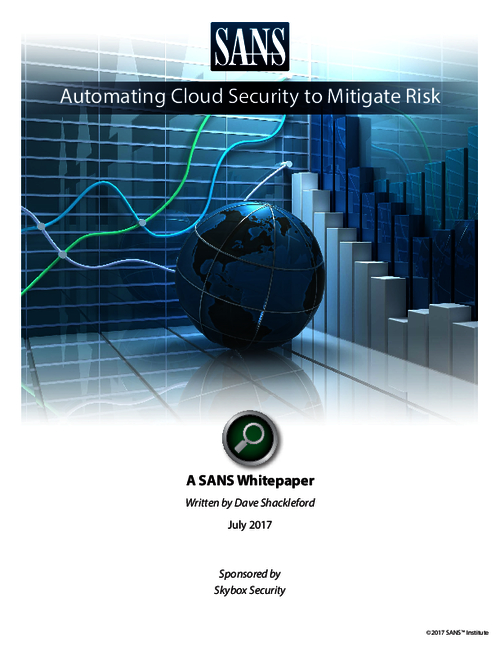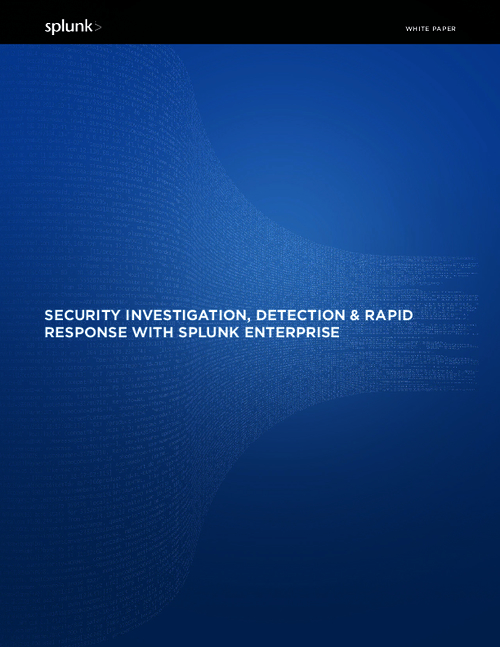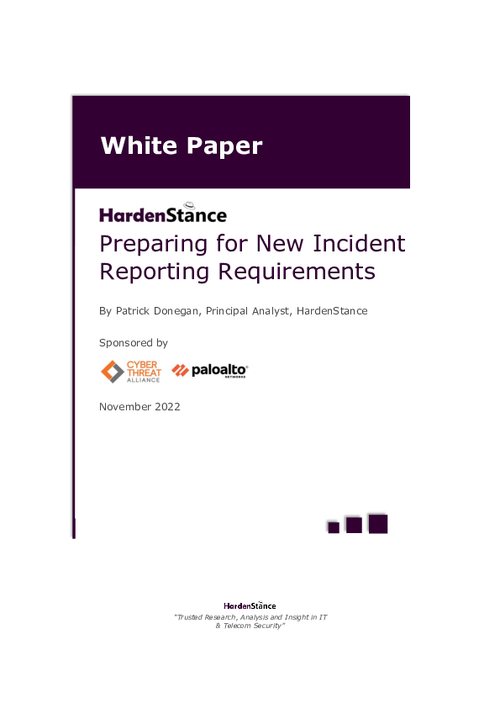Governance & Risk Management , Identity & Access Management , SASE
Paul Martini of iboss on the Mainstream Market Embracing SSE
CEO Explains Why Interest in Security Service Edge Has Grown Over Past 6 Months
Implementation of security service edge technology has progressed over the past six months from early adopters to mainstream organizations, with requests for proposals around SSE projects now carrying tight deadlines rather than no deadline at all, says iboss co-founder and CEO Paul Martini. This growing interest signals that the mainstream market now sees the value in SSE, both financially and technically, Martini says.
Mainstream buyers tend to be more pragmatic and are seeking an end-to-end transformation that will help them retire legacy proxies and legacy gear such as VPNs, according to Martini. The mainstream market is also much less tolerant of the initial hiccups often seen around new technology related to latency or downtime, meaning that performance is even more important, he adds (see: How Zero Trust Keeps Users, Applications and Data Protected).
"We want to dominate the mainstream market when it comes to the true SASE version of connectivity and security," Martini says. "We started at the top of the pyramid. We want to get the largest, most complicated use cases because for us, I think it's easier to go downmarket."
In this audio interview with Information Security Media Group, Martini also discusses:
- How the buyer profile in the SSE and SASE markets has changed;
- How to eliminate lateral traffic without hindering productivity;
- Why demand for authorization and access controls is surging.
Martini holds more than 230 patents in cloud cybersecurity and is a trusted expert on zero trust and modern cybersecurity architecture designed to prevent ransomware, breaches and data loss by securing applications. Recognized for leadership and innovation, he received the Ernst & Young Entrepreneur of the Year award and will be included in Goldman Sachs' upcoming 100 Most Intriguing Entrepreneurs. Martini's work has been published in many scientific journals, including the Journal of Foundations in Computer Science and the Journal of Analytical Biochemistry.



















